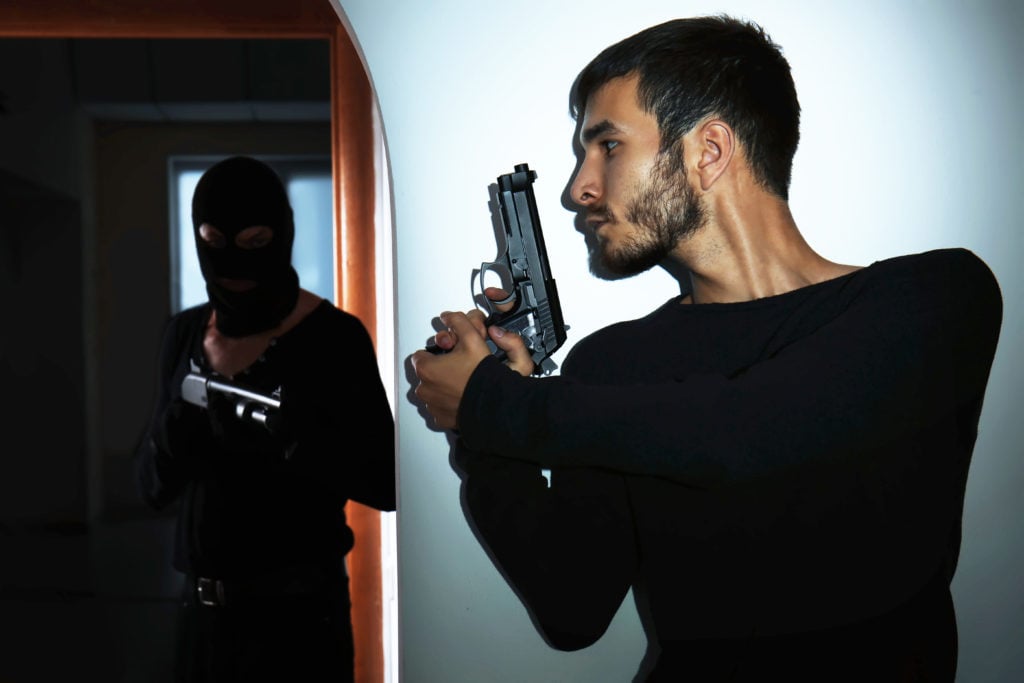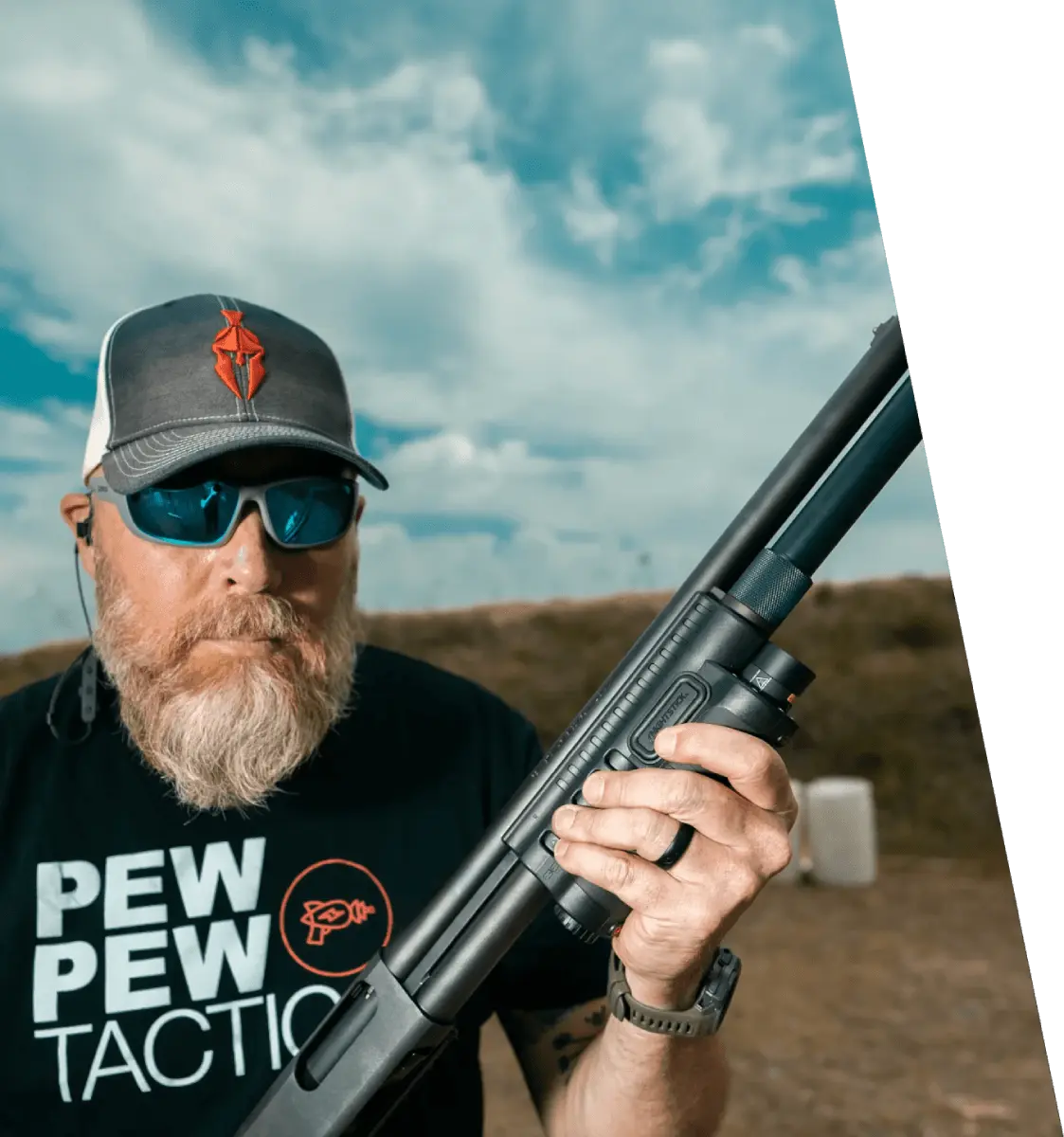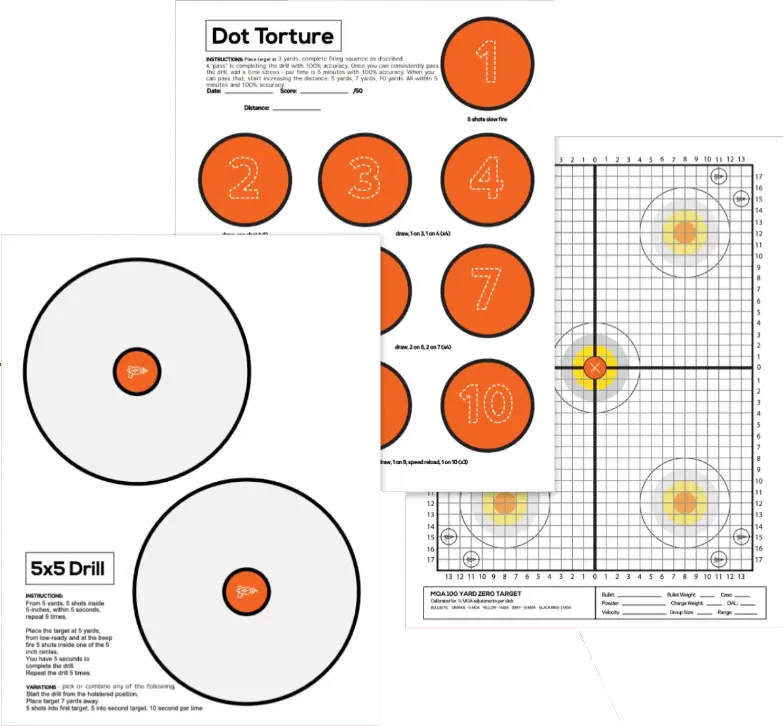
First Things First
Before we delve into all the steps that are required to go near a handgun, if you are only interested in purchasing antique firearms, you can skip a lot of the steps involved with standard firearms. An antique firearm is:- Any unloaded muzzle-loading pistol or revolver with a matchlock, flintlock, percussion cap, or similar type of ignition system; or
- A pistol or revolver that uses fixed cartridges that are no longer available in regular markets.
Not So Fast
An antique pistol is treated like a regular handgun, however, if it does not fall into the antique firearm definition. An antique pistol is:- Any single shot, muzzle-loading pistol with a matchlock, flintlock, percussion cap, or similar type of ignition system, that was manufactured before 1899, and is not designed to use rimfire or conventional centerfire fixed ammunition; or
- A replica of an antique pistol, if the replica is not designed or redesigned to use rimfire or conventional centerfire fixed ammunition, or uses ammo that is no longer readily available in the US.

Buying a Handgun
If you aren’t an antique firearms collector and are more interested in modern firearms that you can use for self-defense, then you will need to get a license. To buy a handgun, you must:- Be 21 or older;
- Have a license to carry or own a handgun; and
- Have a background check performed by a licensed firearms dealer.
Getting a License to Carry
The license to carry or own a handgun is where things get a little hairy. The license, in addition to allowing you to buy a handgun, also allows you to own and carry a handgun, which basically means keeping in inside your home. Any other reasons to carry it outside the home will need to be approved by the licensing officer, and will usually need a “proper cause”. To apply for the license, you need to go to the licensing officer of the city or county where you live (or work, if you live out of state). It’s important to keep in mind that even if you get a license in New York state, you will need to have the license approved by NYPD to be valid in New York City. If you apply for a license in New York City, then it would be recognized throughout the state. To qualify for the license, you must:- Be 21 or older;
- Be of good moral character; and
- Be a legal resident of the US.
- Have been convicted of a felony or a serious offense;
- Are a fugitive from justice;
- Are addicted to any controlled substances;
- Have renounced your US citizenship;
- Were dishonorably discharged from the US Armed Forces;
- Have been treated for mental illness, have been involuntarily committed to a mental health facility, or had a guardian appointed because you lacked mental capacity; or
- Are the subject of a protective order.
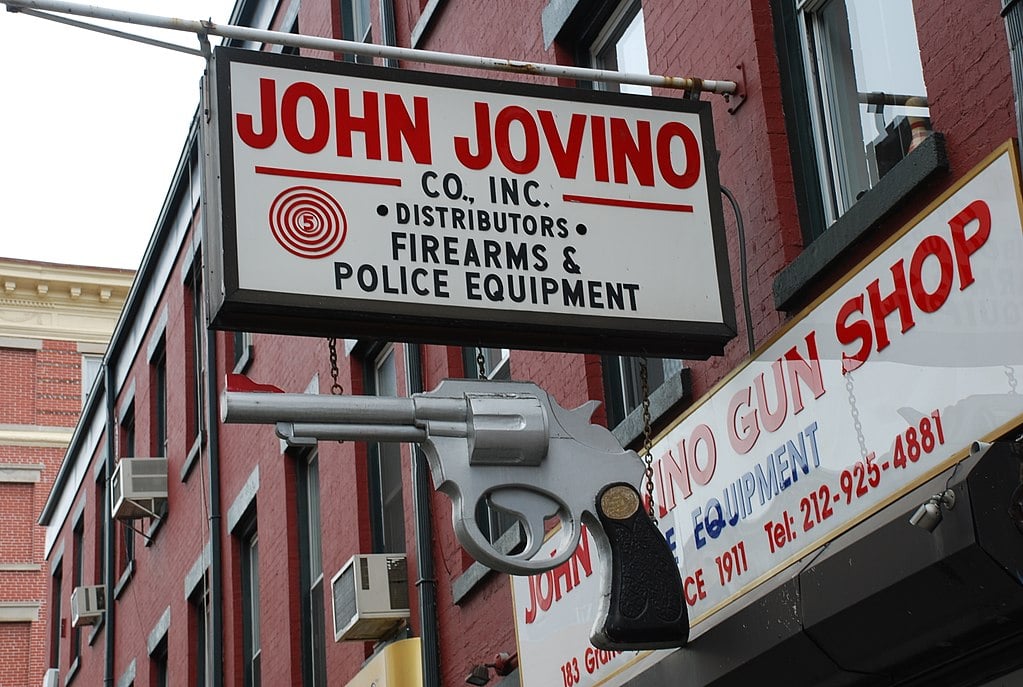
As for the Kids
Even though the license requires you to be 21 or older, if you are between 14 and 21, and you meet all the other requirements, you can still use handguns if you are under the immediate supervision of a person authorized to own and use handguns, and are:- At a pistol range; or
- At a pistol shooting competition sponsored or approved by the NRA.
Buying a Long Gun
After all the gymnastics you have to go through to get a handgun, buying and owning a long gun in New York is easy by comparison. No permit is required to buy a long gun, except in New York City. The permit for buying a long gun in NYC is similar to the process for the handgun license, and the application process is done through the NYPD like before. To buy a long gun in New York City, you must:- Be 21 or older;
- Prove your residence in the city;
- Be a legal US resident; and
- Have a background check performed by a licensed firearms dealer.
- Be 18 or older;
- Provide ID; and
- Have a background check performed by a licensed firearms dealer.
- Have been convicted of a crime punishable by imprisonment for over a year;
- Are a fugitive from justice;
- Illegally abuse controlled substances;
- Have been adjudicated as mentally defective of incompetent, or have been committed to a mental institution;
- Are an illegal alien;
- Are a former US citizen who has renounced his citizenship;
- Were dishonorably discharged from the US Armed Forces;
- Are subject to a restraining order; or
- Were convicted of a misdemeanor crime of domestic violence.
And the Kids?
Like with handguns, there are certain situations where kids under the age requirement can also use long guns. If you are between 12 and 18 years old, you can use a long gun if you are supervised by a parent or guardian, or have written permission from a parent or guardian to be supervised by a certified instructor, to use a long gun on a shooting range.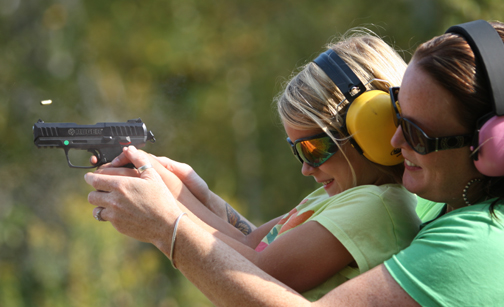
Buying Ammunition
The state of New York also requires you to go through a background check when buying ammunition. In addition, all ammunition purchases have to take place in person. Even if you order ammo online, you will need to ship it to your local gun store, and pick it up from them to meet the “in person” requirement. There will usually be a fee for your local gun store to accept and store your ammo order.Assault Weapons Under New York Law
Guns that fall under the definition of an “assault weapon” as defined by the state are illegal to own, unless you owned it before January 2013. If you had one before then, by now it should be registered, surrendered to law enforcement, or modified to no longer be considered an assault weapon. An “assault weapon” is:- A semiautomatic rifle that has an ability to accept a detachable magazine and has at least one of the following characteristics:
- A folding or telescoping stock;
- A pistol grip that protrudes beneath the action of the firearm;
- A thumbhole stock;
- A second handgrip that can be held by the non-trigger hand;
- A bayonet mount;
- A flash suppressor;
- A muzzle brake;
- A compensator;
- A threaded barrel designed to accommodate a flash suppressor, muzzle brake, or compensator; or
- A grenade launcher.
- A semiautomatic shotgun that has at least one of the following characteristics:
- A folding or telescoping stock;
- A thumbhole stock;
- A second handgrip or grip that can be held by the non-trigger hand;
- A fixed magazine capacity larger than 7 rounds; or
- The ability to accept a detachable magazine.
- A semiautomatic pistol that has the ability to accept a detachable magazine and has at least one of the following characteristics:
- A folding or telescoping stock;
- A thumbhold stock;
- A second handgrip or handgrip that can be held by the non-trigger hand;
- The capacity to accept an ammunition magazine that attaches to the pistol outside of the pistol grip;
- A threaded barrel capable of accepting a barrel extender, flash suppressor, forward handgrip, or silencer;
- A shroud that is attached to or partially covers the barrel and allows holding of the firearm with the non-trigger hand without being burned; or
- A weight of 50 ounces or more when unloaded.
- A revolving cylinder shotgun.
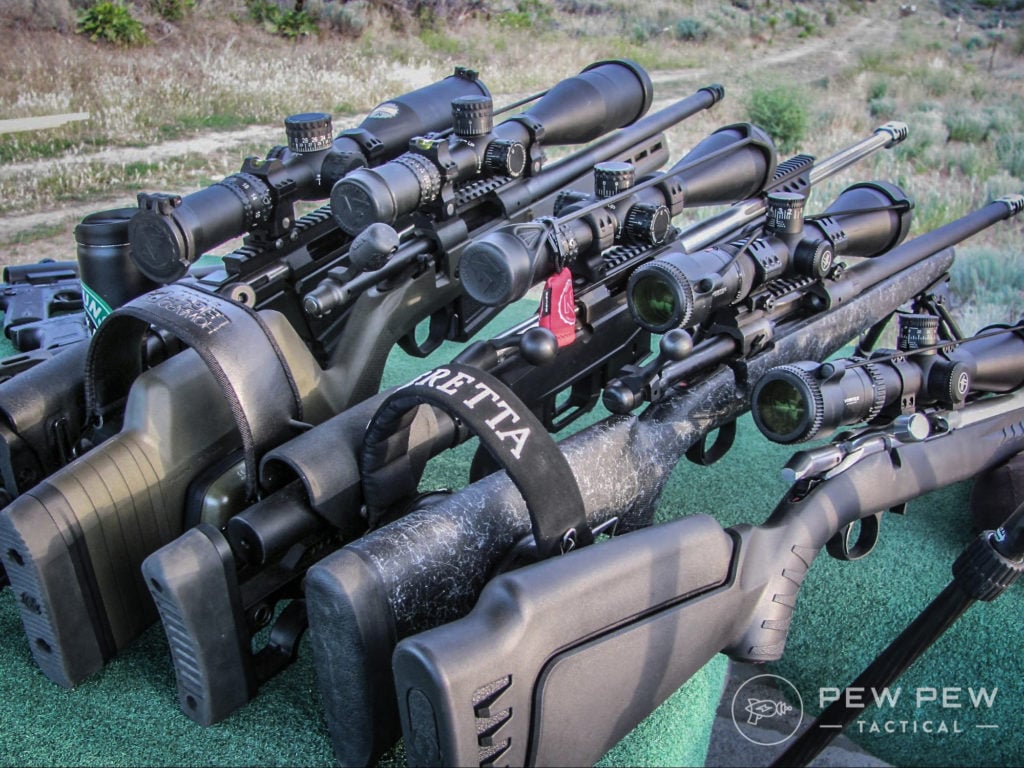
- Any rifle, shotgun, or pistol that:
- Is manually operated by bolt, pump, lever, or slide action;
- Has been made permanently inoperable; or
- Is an antique firearm.
- A semiautomatic rifle that cannot accept a detachable magazine that holds more than 5 rounds of ammunition;
- A semiautomatic shotgun that cannot hold more than 5 rounds of ammunition in its fixed or detachable magazine; or
- Any firearm that was manufactured at least 50 years ago, not including replicas.
Laws on Magazines
New York has also banned magazines that can hold more than 10 rounds. The only exception is for attached tubular magazines that are designed to accept and can only operate with .22 caliber rimfire ammo. It’s important to keep in mind that unlike assault weapons, even if you owned the magazine before the ban went into effect in 1994, you cannot register the magazine and keep it. Even possession of magazines capable of holding over 10 rounds is illegal in New York. You’ll need to turn the magazine into your local gun store, police department, or maybe give it to someone out of state.Have Gun, Will Carry
Once you’ve finally managed to buy a gun, you’ll unfortunately be restricted to just keeping it at your home or place of business. When you applied for the license to carry as part of the handgun-buying process, the license also listed where you could carry your handgun. The license most likely limited possession of your handgun to your home, or your place of business, unless you were able to provide a convincing reason why you should be able to carry anywhere else. Without a license to carry that lists any other places aside from your home or place of business, your guns will have to stay at home, or locked away while you transport them to the shooting range or hunting grounds.On the Road
When transporting your firearms, they need to be unloaded, and locked away in the trunk. If your vehicle does not have a trunk, you will need to keep them unloaded, and locked away in some type of container, which does not include the glove compartment of the vehicle console.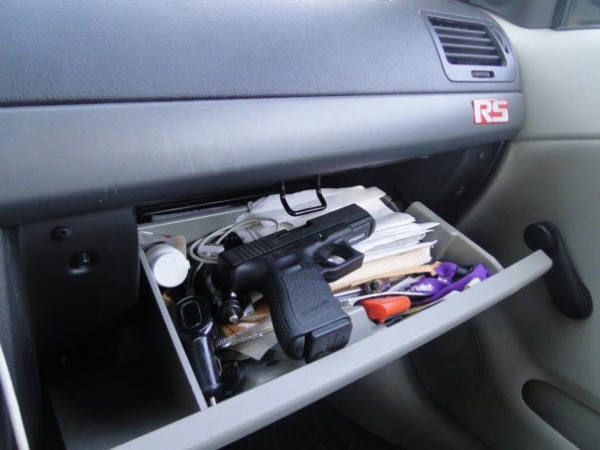
Out of Towners
Given the number of out-of-state visitors to New York, the state has specific laws on how to transport firearms from your home state. Nonresidents can transport firearms into the state if they are competing in matches sponsored or approved by the NRA, or the International Handgun Metallic Silhouette Association. The nonresidents will need to have a pistol license or firearms registration card from their home state with them, to be presented to law enforcement officers upon request. Just like the firearms transporting rules that apply to New York residents, nonresidents need to make sure the firearms being transported are unloaded and in either the trunk, or some other type of locked container, not including the glove compartment or console.When Can You Use Your Guns?
The state of New York does allow you to defend yourself with deadly force if necessary, with some conditions.Defending Your Castle
Under what is commonly referred to as the “Castle Doctrine,” New York allows people to use deadly force to defend themselves in certain situations. Specifically, a person may use deadly force if he reasonably believes another person is using or about to use deadly force. As long as you have a reasonable belief someone is about to use deadly force on you, you are justified in using your firearm to defend yourself. What is reasonable is for the jury to decide, but if someone breaks into your home with a gun in hand, it’s a safe bet they can cause you deadly harm.